Igbo Pre-Colonial Political System/Administration
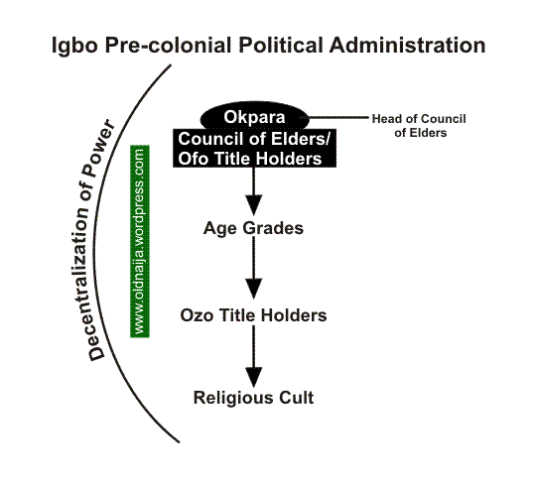
The Igbo pre-colonial political system/administration was described by scholars as acephalous, a term which means leaderless, headless or chiefless.
This term is considered suitable for describing the Igbo pre-colonial political system because it was decentralized and based on village and direct democracy where everyone has the authority to contribute to decision making.
Council of Elders
Each Igbo village was seen as a political unit inhabited by related families who were bounded by common beliefs and origin. Each family head in the village held the ‘Ofo‘ title and they all together formed the council of elders. The council of elders presided over important issues such as the village’s welfare, safety, development and so on.
The Okpara
Among the council of elders, one was recognized as the most senior. He was the Okpara. He could call for and adjourn meetings and could give judgements as well.
The council of elders were believed to be earthly representatives of the Igbo ancestors. They maintained the age-long customs, traditions and laws of the land. These included laws against misbehaviour or immoral acts in which suitable punishment would be meted out to its perpetrators.
The Age-Grade
Another important institution in the Igbo pre-colonial political system was the age-grade. The age-grade consisted of youngsters of the same age-group. The senior age-group maintained peace and order in the village and also provided security to ward off external attacks, while the junior age-group concentrated on the sanitation of the community and other necessary duties.
The age-grade was also involved in the administration of the village, and as well acted as a check to the council of elders and other administrative bodies.
Ozo Title Holders
Another level in the Igbo pre-colonial political administration was the ‘Ozo’ titleholders. This expensive title was conferred on wealthy and influential men in the community who after getting the title become recognized and could then preside over meetings with the village elders.
Priests
Also, the priests were not left out in the administration of the village. Great importance was attached to them for they were believed to be the mouthpiece of the gods e.g. Aro’s long juju. Even the council of elders consulted the priests on matters that were beyond their powers i.e. matters that needed spiritual intervention.
Therefore, different institutions were doggedly involved in administering the Igbo community, and powers were equally shared among them.
In conclusion, the pre-colonial political system in Igboland can be said to be similar to the modern republican system of government in which the people are governed by their consent.
Learn about the Yoruba Pre-colonial Administration and the Hausa Pre-colonial Political System.
If you have questions, kindly use the comment box below. Thanks for reading, OldNaija.com
References:
- Teslim Opemipo Omipidan. Pre-colonial Systems in Nigeria. OldNaija.
- Abiola Ola; A Textbook of West African History; 3rd edition; Ado-Ekiti; Omolayo Standard Press & Bookshops Co. (Nig.) Ltd.; 1984
- Debbie C. C.; Essential Government Textbook for Secondary Schools; 2nd edition; Lagos; Tonad Publishers, 2008
Questions? Advert? Click here to email us.
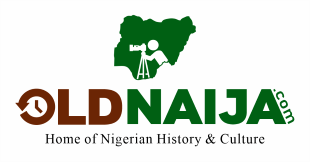
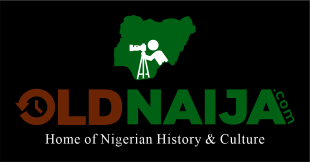

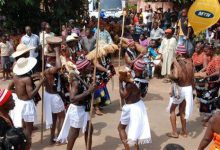


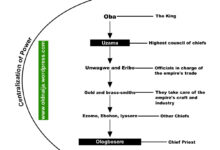
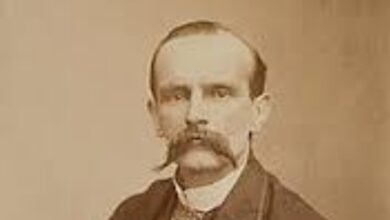
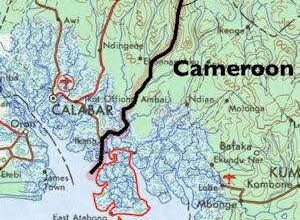

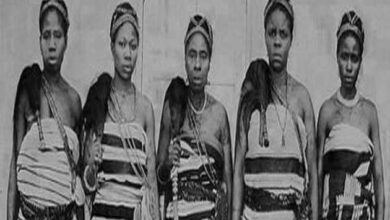
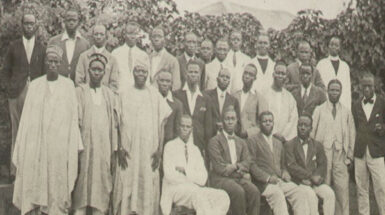
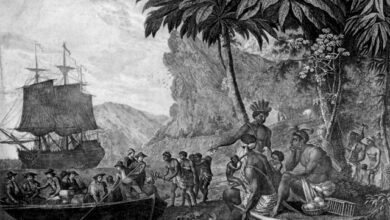

this succinct narration of the pre-colonial tradition of the igbos was wonderfully done.
Thank you, Iloka Harrison. Your comment is highly appreciated.
masterclass
Thank you for your visit, Mr. Akinwunmi Abdulahi.
Thumbs up! More history lessons please…
Thank you Seraph. Do not worry, OldNaija has got you covered. More history on its way.
The achivement of john macpherson constitution of 1951 are 1. There was a create of central legislature. 2. It was a home make constistution. 3.it bought elect bi-camera legislation.
Mr opemipo thanks alot more grease to your elbow
Thank you for your kind words, Mrs/Miss Temitope. Kindly do check back.
Thanks for uploading this piece. It was a lifesaver
You’re welcome, dear Krysty. Thanks for your visit. Kindly do check back.
WELL CONDUCTS PEOPLE .. SUPERB IN ADMINISTRATION
Sincerely speaking, you have a wonderful blog.
Keep it up brother, the sky is your starting point.
Teslim Opemipo Omipidan you inspire me a lot. I read few articles on this blog today and I was motivated to work on mine too. Thank you sir.